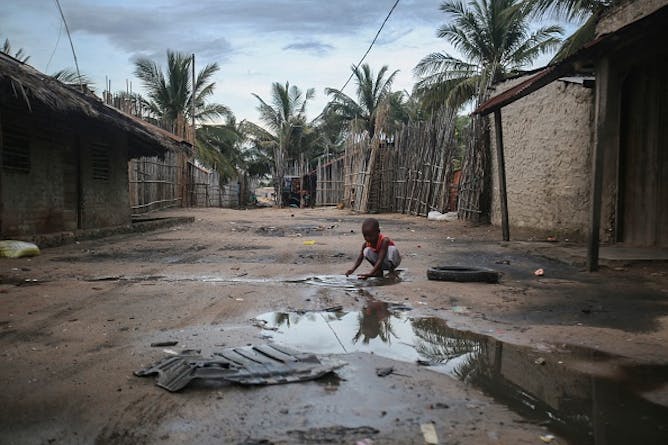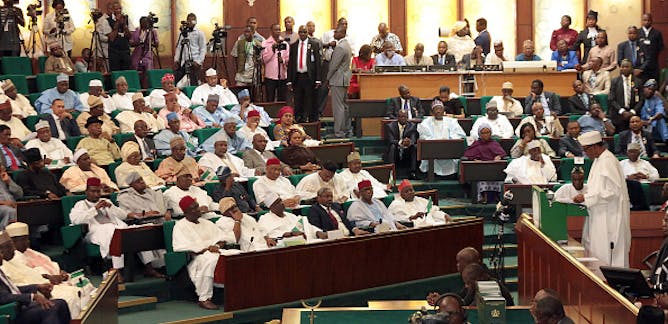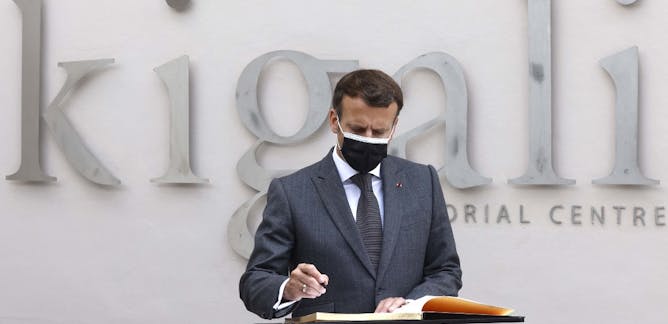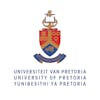|
|
|
|
A quick word before you get stuck into reading today’s top stories. You’ve no doubt noticed our calls for donations in recent weeks as we’ve appealed for support for our ongoing work. The Conversation Africa doesn’t run advertisements, nor do we charge for content. Hence the need to look for alternative sources to sustain our work. A big thank you to those of you who have donated as a result of our campaign, in particular those of you who made monthly donations. Our campaign ends today. But, if you haven’t donated yet, there’s still time. Thanks again for your support. Let me not keep you, any more, from some pleasurable reading.
COVID-19 has caused the biggest development setback of our lifetime, reversing 70 years of progress. The last 18 months have led to extreme poverty and hunger not seen for decades. But, argues Ian Goldin, author and Oxford University Professor of Globalisation and Development, every crisis creates an opportunity, and we have a responsibility to ourselves and future generations to explore the silver linings. COVID-19 has made us much more aware of the threats we face, including possible future pandemics and climate change. This means we have been presented with a once-in-a-lifetime invitation to design a fairer and more inclusive world.
Not long ago there were high levels of optimism about Mozambique. The future looked bright as investment possibilities, particularly in natural resources, were picking up. But by 2016 things were starting to go pear-shaped. A huge illegal debt scandal weighed on the government while poverty and joblessness remained high. Then came a new conflict in the most northern corner of the country that has continued to grow in intensity. How can the same mistakes be avoided? Sam Jones and Finn Tarp identify what needs to be done differently. This includes approaching foreign investment as a means (not an end) and making sure any development brings
benefits to everyone - particularly poor Mozambicans.
Subscribe to our WhatsApp bulletin here.
Donate
now
|
Jabulani Sikhakhane
Editor
|

|
|

Shutterstock
Ian Goldin, University of Oxford
The task now is to turn the reactive response to the health and economic emergencies into a proactive set of policies and actions.
|

A child plays in a street in the port village of Paquitequete near Pemba, northern Mozambique. The region suffered decades of neglect, and major gas projects have failed to deliver local benefits.
Photo by Alfredo Zuniga/AFP via Getty Images
Sam Jones, United Nations University; Finn Tarp, University of Copenhagen
The development strategy based on foreign investment in natural resources projects has not delivered economic growth or security. What's needed is an inclusive vision based on local realities.
|
Politics
|

Damilola Agbalajobi, Obafemi Awolowo University
Quota systems provide opportunities for more women to stand for election. But they're not enough.
| |

Stefano Recchia, Southern Methodist University
French policymakers understand that sharing the burdens of military operations with global partners can help boost flagging support at home.
|
|
|
From our international editions
|

David Comerford, University of Stirling
Putting a monetary value on compensation for grave historic wrongs and deciding who should benefit is fraught with difficulties. But there may be another way to look at the whole issue.
| |

Brigitte Granville, Queen Mary University of London
Debate is raging about whether the recent burst of inflation is temporary or here to stay.
|
|
|
En Français
|

Jonathan Beloff, SOAS, University of London
Il faudra du temps pour que les Rwandais, en particulier ceux qui ont souffert ou été témoins du génocide, fassent à nouveau confiance à la France.
| |

Simon Chadwick, EM Lyon; Paul Widdop, Leeds Beckett University
La victoire du club londonien, propriété du milliardaire russe Roman Abramovitch, illustre la montée en puissance de Moscou dans les coulisses du football européen.
|
|
|
| |
Featured events
|

|
Robert Sobukwe Road, University of the Western Cape, Bellville, Cape Town, Western Cape, 7535, South Africa — University of the Western Cape
|

|
Uwc Access Rd, Bellville, Cape Town, 7535, Bellville, Western Cape, 7535, South Africa — University of the Western Cape
|

|
Lynwood Ave, Hatfield, Pretoria, Gauteng, 0002, South Africa — University of Pretoria
|

|
Centre for Human Rights, Faculty of Law, University of Pretoria, Pretoria, Gauteng, 0002, South Africa — University of Pretoria
|
|
|
|
| |
| |
| |
Would you like to republish any of these articles?
|
|
It’s free to republish, here are the guidelines.
Contact us on africa-republish@theconversation.com in case you need assistance.
|
| |
| |
| |
| |
|
|
|
|
|
|
|